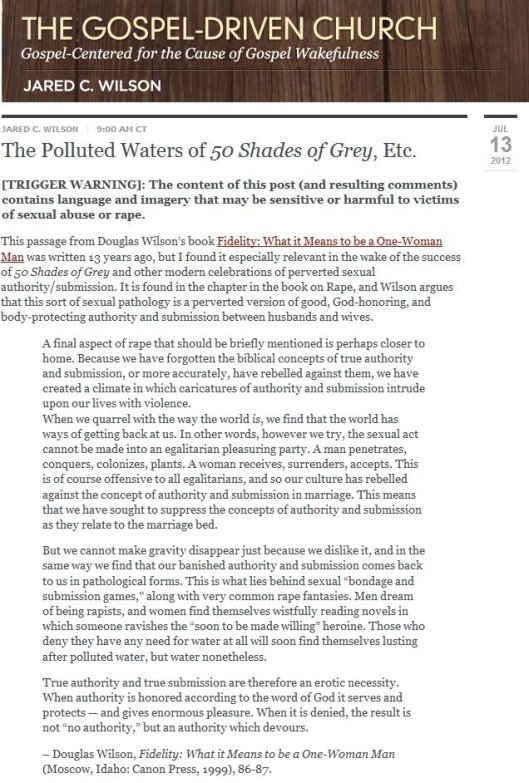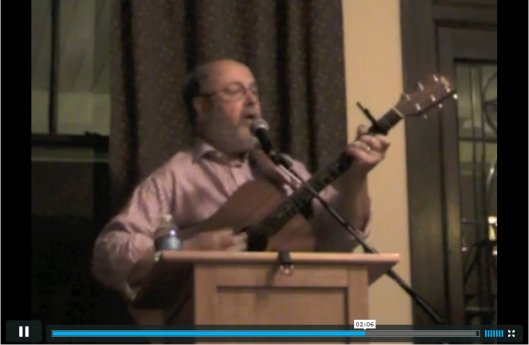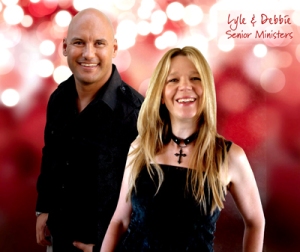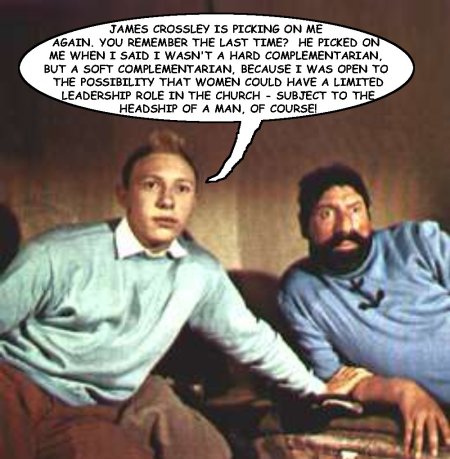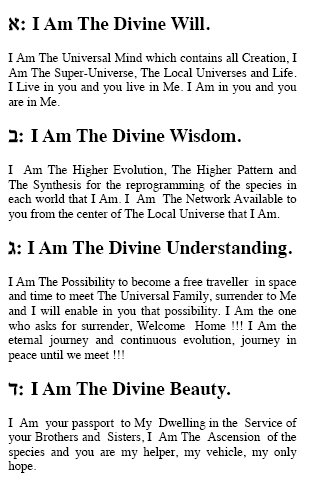Tags
Biblical Studies, Department of Biblical Studies, endorsements, marketing, protests, Research Institute, Save Biblical Studies, university of sheffield
In 2009, the University of Sheffield proposed to close the Department of Biblical Studies, perhaps the world’s foremost and most innovative biblical studies department.
The response included a barrage of letters protesting the plan from academics worldwide. Many of the letters are preserved on the Save Biblical Studies website. Responding to these protests, the University promised to retain the Department of Biblical Studies and to strengthen it.
But as early as 2014, the University of Sheffield again decided to disband the Department. The Department no longer exists, and current academic staff are now employed to a “Research Institute for Biblical Studies“, which has been interpreted as a short-term stop-gap measure before biblical studies at Sheffield ceases completely.
But what about all those academic protests? Did they count for nothing? Not at all. The letters of protest have been mined by the University of Sheffield, and used as marketing endorsements for biblical studies at Sheffield:
“Sheffield is the only place where Biblical Studies are not undertaken in a context where theology is the dominant discipline; this unique approach, with a strong input from religious studies, cultural studies, gender studies and critical theory, cannot be missed!”
Jan Willem van Henten, Director of Graduate School and Professor of New Testament, University of Amsterdam“Sheffield has long had a reputation for producing some of the most innovative research in Biblical Studies in the world. This is not simply due to the outstanding research published by the academic staff, but to the entire ethos of the department.”
James Harding, Lecturer in Hebrew Bible, University of Otago, New Zealand“High quality pedagogical methods… the open exchange of ideas… an impressive tradition of inspiring innovative critical research by other academics around the world.”
Dr James R. Linville, Chair, Dept of Religious Studies, Lethbridge, Canada“…the exceptional combination of creativity and independence of mind shown by members of staff in their publications and at academic conferences.”
MAURICE CASEY, EMERITUS PROFESSOR OF NEW TESTAMENT STUDIES, UNIVERSITY OF NOTTINGHAM
All of these endorsements were culled from the letters of protest written in 2009 against the closure of the Department. They are now [on 1 September 2014, UK time] being used as “endorsements” of the University of Sheffield after the closure of the Department. Although permission was originally sought to use these protests as endorsements, they continue to be used now that the Department has been closed, which is precisely what the protests were protesting against.
What did the University of Sheffield fail to quote? The University missed those parts of the letters which were protesting against the very policy the University of Sheffield is now implementing, e.g.:
“I really hope you will reconsider the proposal to close the Department of Biblical Studies and that you find other solutions for coping with the consequences of the financial crisis for your university.”
Jan Willem van Henten, Director of Graduate School and Professor of New Testament, University of Amsterdam“Dismantling the department would not simply have serious consequences within the University of Sheffield, but would have much wider consequences for the Biblical Studies guild as a whole. I know that I am not alone in holding these concerns. Over the last few days the internet has been alive with expressions of disquiet from scholars the world over whose academic work has been inspired by the work done in the department at Sheffield. Please do not allow this to come to an end by dismantling the department.”
James Harding, Lecturer in Hebrew Bible, University of Otago, New Zealand“Let me add my voice to those who have already expressed themselves regarding the plans to close the world-class Department of Biblical Studies. I appreciate the financial difficulties your institution is in, but abandoning a department of the calibre and reputation of this one can only bring short term gains at a very long term cost to the university.”
Dr James R. Linville, Chair, Dept of Religious Studies, Lethbridge, Canada“I am very sad to learn of your plans to close the undergraduate part of your Department of Biblical Studies and dissipate its research arm. I hope you are aware that this would lead to the wreckage of a quite outstanding feature of British education.”
MAURICE CASEY, EMERITUS PROFESSOR OF NEW TESTAMENT STUDIES, UNIVERSITY OF NOTTINGHAM
If the academics who are quoted here know about the continued use of their “endorsements”, we wonder what their reactions might be. Yet one of the protesting academics who were quoted will not be able to provide his reaction. Maurice Casey has since passed away since he wrote his original protest – a protest which is currently being represented as the deceased professor’s approval of precisely what he had protested against.
UPDATE (on the afternoon of 1 September 2014, UK time): The University of Sheffield has now removed its page of “endorsements” for biblical studies at Sheffield.




